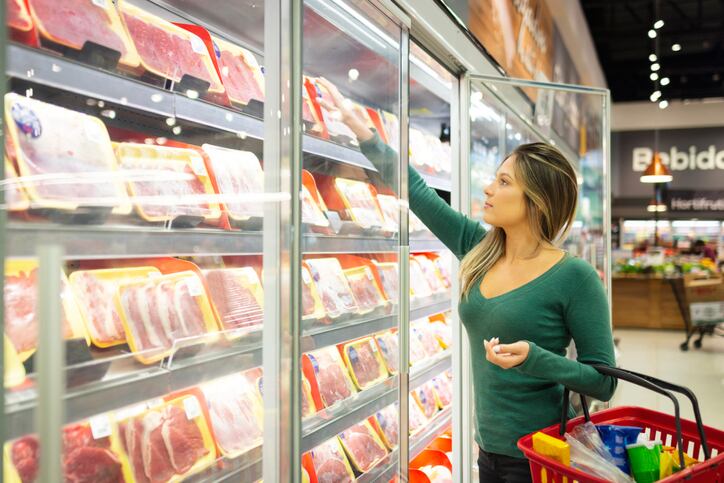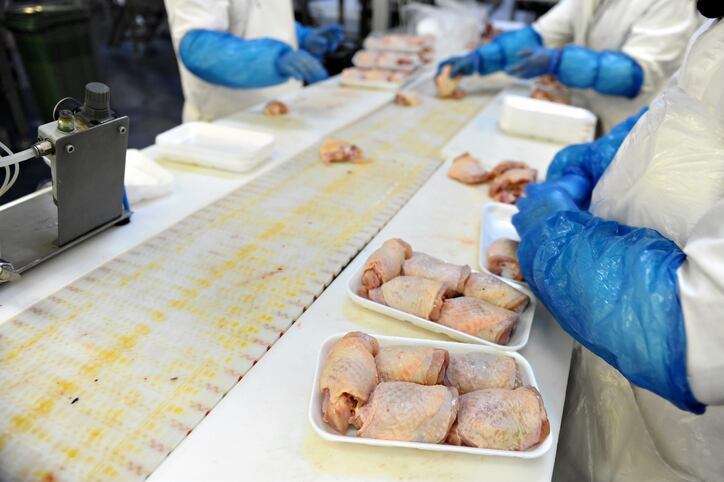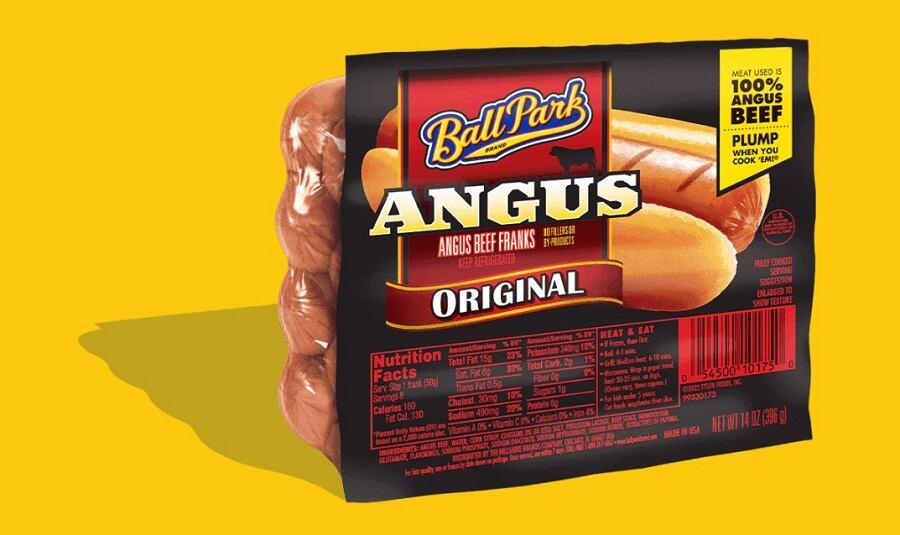The drop was attributed in part to a 3% decline in sales to $13.3bn, driven by a 7% reduction in the price per pound for pork and a 9% drop in the price per pound for chicken due to excess supplies this year. The company’s beef division suffered the opposite fate with US cattle inventories at their lowest in decades, causing volumes to drop 6.7%.
Despite these losses, CEO Donnie King touted the company’s “sequential improvements in our overall earnings, as we continue to make good progress in improving our performance,” including through a “multi-point plan focused on efficiency and modernization.”
Recalling the company’s “bold actions to improve performance,” including the previously announced closure of six “older, less efficient” chicken plants,” King said Tyson’s would “continue to evaluate our production footprint and network to drive efficiencies.”
This includes the “difficult decision to take two of our smaller fresh meat case-ready value-added facilities offline,” he said.
“Production from these locations will shift to larger, more efficient plants and our harvest capacity, sales volume and importantly our customers will see no impact,” he explained.
King further justified the closures by noting “one thing may not be quite as apparent is because of the efficiency plan in all of our core plants, [closing those locations] has enabled us to run lines at rate. It has allowed us to get the labor and yield and throughput on those lines that we need. But that’s also been an unlock in our ability to take away some redundant capacity.”
He added, “We are reviewing whether there are similar opportunities across other segments,” and that “everything remains on the table to drive operational excellence and address inefficiencies.”
Additional prepared food capacity coming online
The reductions come just as Tyson is bringing online additional capacity to support its branded portfolio, value-added chicken and prepared foods businesses.
These include a new 325,000-square foot fully-cooked plant in Danville, Va., where the company will produce its Any’tizer Snacks and Chicken Nuggets. In Bowling Green, Ky., the company is bringing online a 400,000 square foot bacon production facility to help meet demand for its Wright and Jimmy Dean brands. It also is expanding its Caseyville prepared foods facility to support production of its Hillshire Farm and Jimmy Dean branded products.
Following those investments, King said the company is pulling back its CapEx spending “to normal levels,” as the company is now “in a good spot in terms of capacity to produce … and grow in the near term.”
Looking forward, he said, the company will maintain its “disciplined and prudent” approach to capital with a focus on returning cash to shareholders via dividend increases. The company also will prioritize restoring performance of its chicken business, in part through the sustained strength of its prepared food business, and drive efficiencies in pork as it manages beef through the cattle cycle.
With this in mind, the company expects 2024 will generate flat sales year-over-year form $52.99b – a number that falls short of analysts average expectation of $54.4bn.




